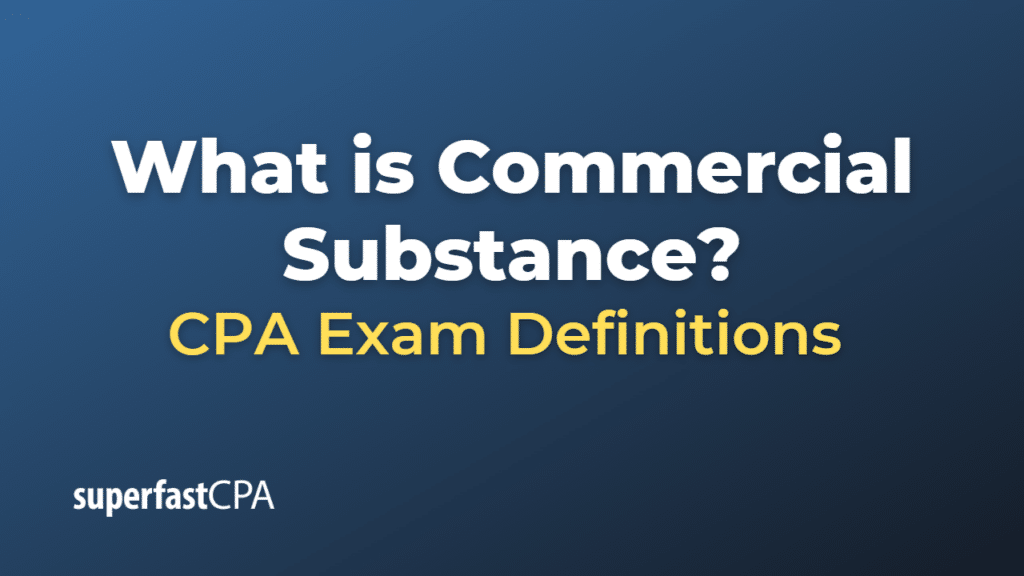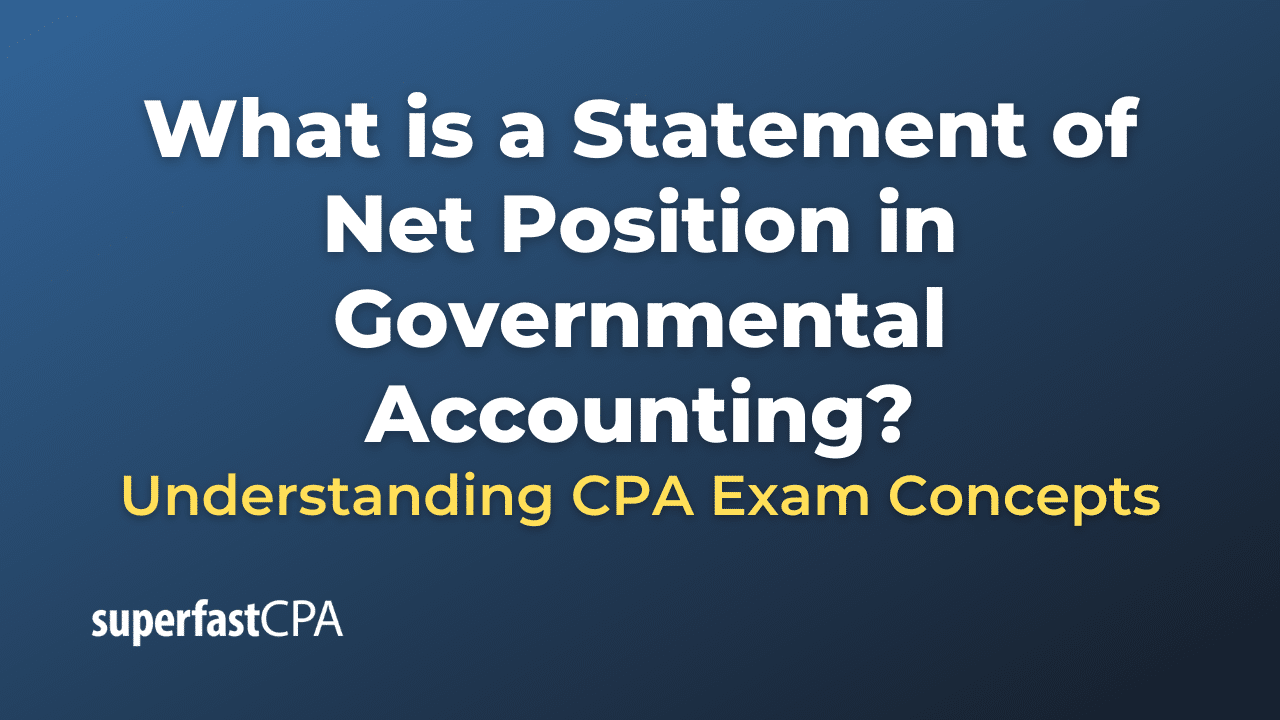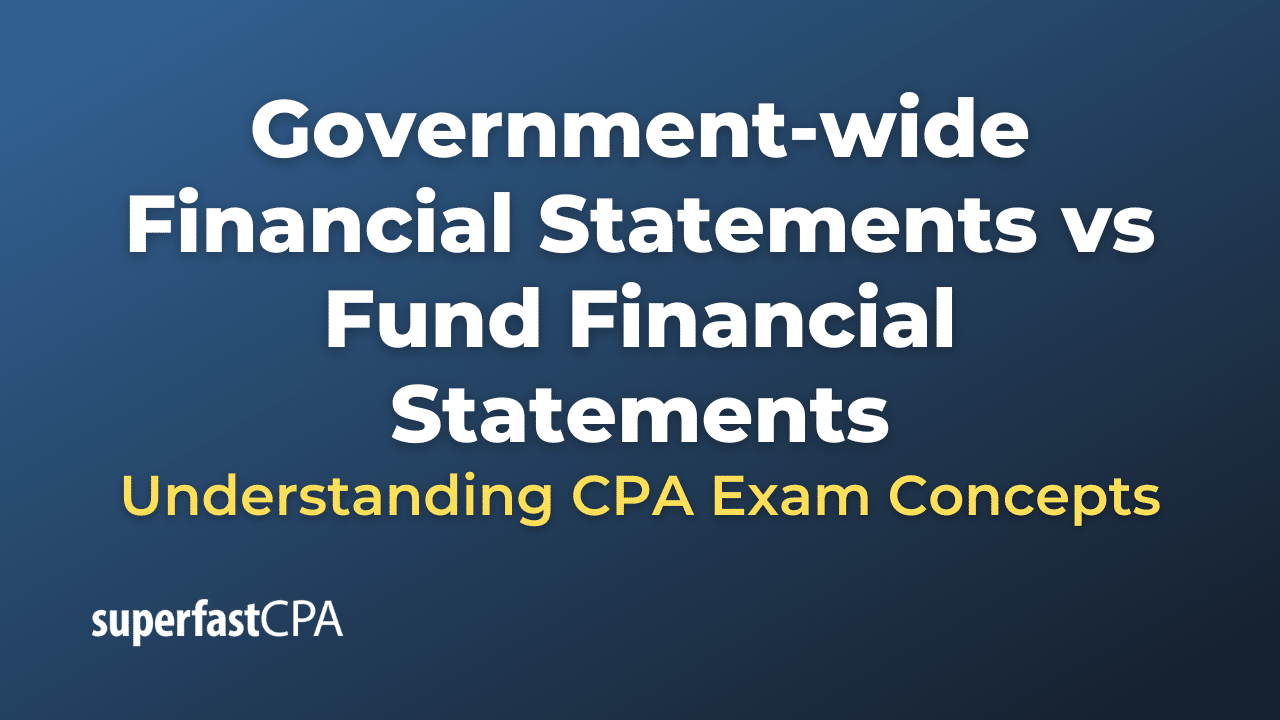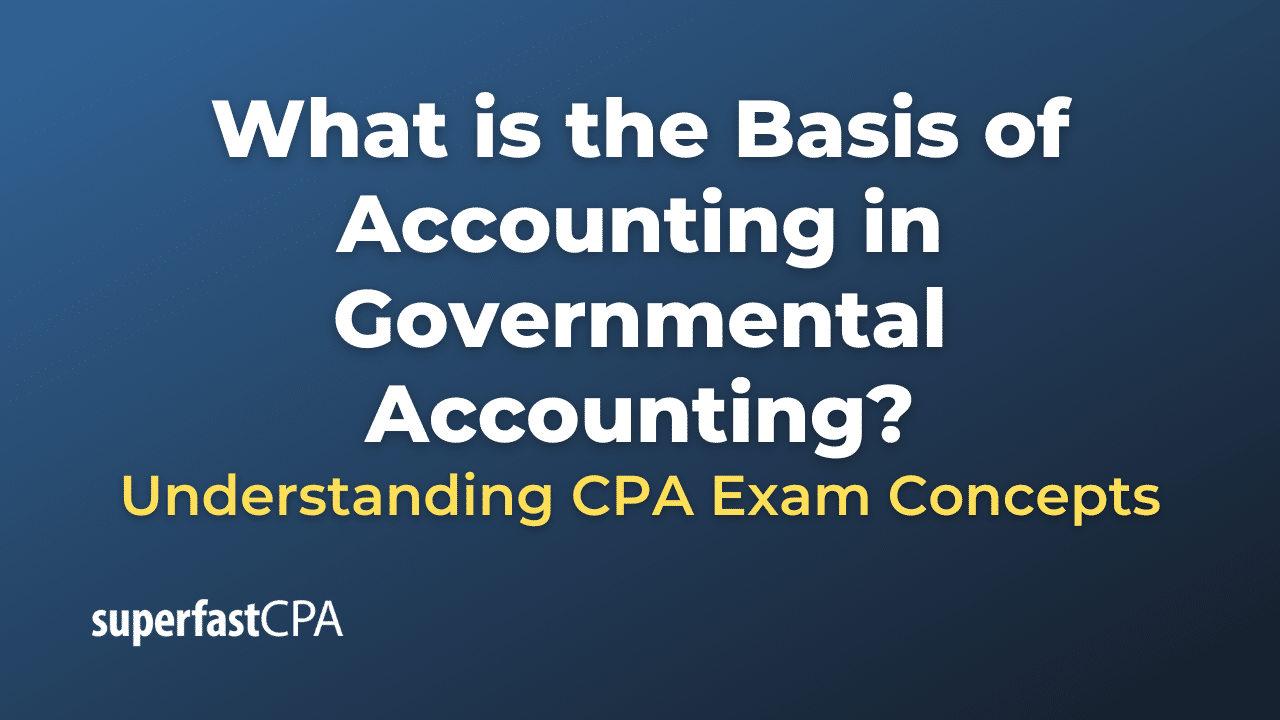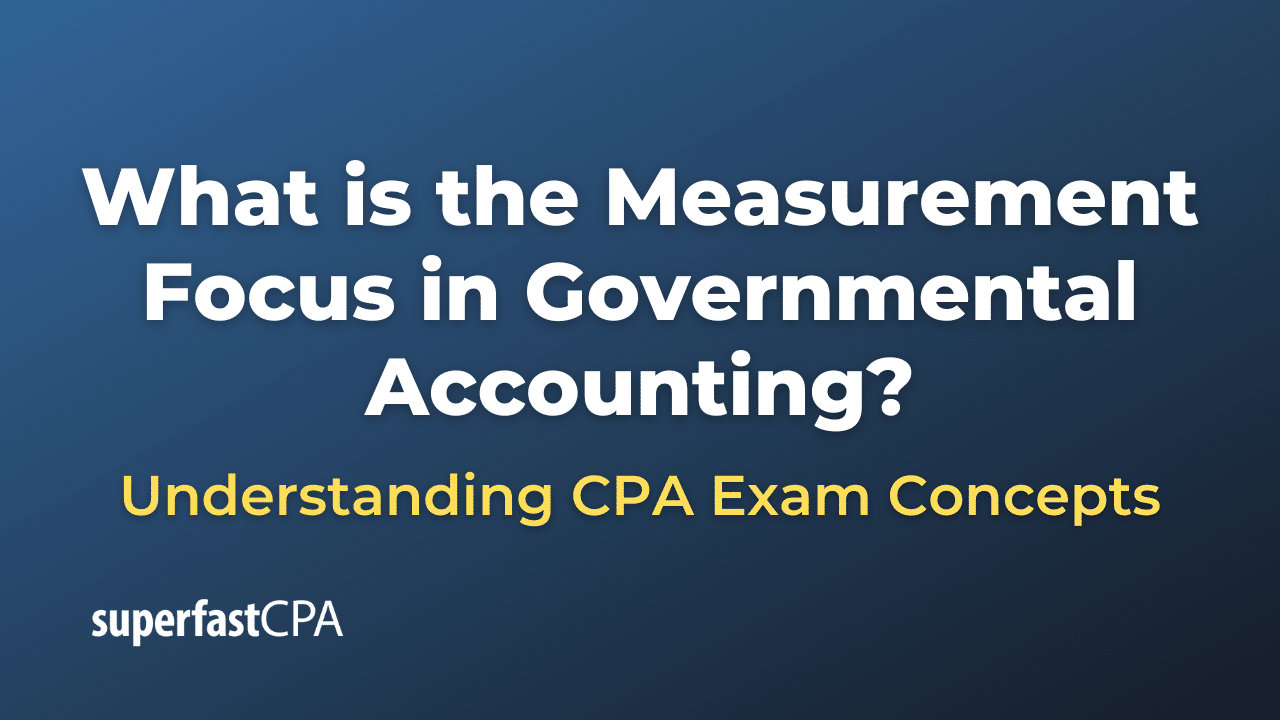Commercial Substance
Commercial substance refers to the concept in accounting and finance that a transaction or an economic event should have a meaningful impact on the financial position, cash flows, or operations of a business. In other words, a transaction is considered to have commercial substance if it results in a change in the risk, timing, or amount of future cash flows for the business. The concept of commercial substance is important to ensure that financial statements accurately reflect the economic reality of a business and to prevent manipulation or misrepresentation of financial information.
Transactions or events with commercial substance are typically those that are driven by legitimate business purposes, such as increasing revenue, reducing costs, or improving operational efficiency. These transactions can significantly affect a company’s financial position, performance, or cash flows, and should be recognized and accounted for in the financial statements.
In contrast, transactions or events that lack commercial substance are those that do not result in any meaningful change to the business’s financial position or future cash flows. These transactions might be carried out for tax or financial reporting purposes, rather than for genuine business reasons. In some cases, transactions without commercial substance may be considered as window dressing or financial engineering, which can mislead users of financial statements.
Accounting standards, such as the Generally Accepted Accounting Principles (GAAP) and International Financial Reporting Standards (IFRS), provide guidelines on how to account for transactions with commercial substance and those without. These guidelines help ensure that financial statements accurately represent the economic activities of a business and provide reliable information for decision-making by investors, creditors, and other stakeholders.
Example of Commercial Substance
Let’s consider a hypothetical example to illustrate the concept of commercial substance.
Imagine there are two companies, Company A and Company B, both of which operate in the manufacturing industry. Both companies own similar machinery, with the same carrying amount and remaining useful life.
Company A and Company B decide to exchange their machinery in a transaction. However, the machinery being exchanged is functionally identical, and the exchange does not result in any change to their respective production capabilities or cost structures. In other words, there is no impact on the risk, timing, or amount of future cash flows for either company.
In this case, the transaction lacks commercial substance, as it does not result in any meaningful change to the financial position, performance, or cash flows of either company. Under accounting standards such as GAAP and IFRS, this transaction would be treated differently than a transaction with commercial substance.
For example, if the transaction had commercial substance, any gain or loss on the exchange would be recognized immediately in the income statement. However, since the transaction lacks commercial substance, the gain or loss would generally not be recognized in the income statement. Instead, the carrying amount of the exchanged asset would be adjusted based on the fair value of the asset received.
This example highlights the importance of identifying transactions with commercial substance to ensure that financial statements accurately represent the economic activities of a business and provide reliable information for decision-making by investors, creditors, and other stakeholders.

